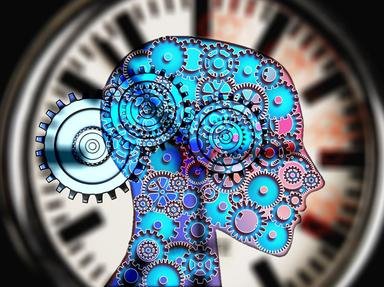Quiz Answer Key and Fun Facts
1. "I don't feel like killing myself; I'm not even sad much of the time. I can't be depressed, right?"
2. "I read in an article that depression can be treated with several types of medication, with psychotherapy, with shock treatments, or with any of these in combination."
3. "Those doctors can go on and on about disease, but it's not as if there is this one test that can diagnose the disease."
4. "I believe some depressive episodes can sometimes go away by themselves."
5. "But even if depression is caused by changes in the brain, that doesn't make it a disease! Nobody has ever died from a bad mood!"
6. "Don't you think I have depression and it's normal? I've been depressed all week since my girl dumped me!"
7. "OK, so recently, I have been having symptoms of depression regularly and it has begun to worry me. I don't have to see a doctor right now - I guess its okay to wait for another few weeks to see if things get better or worse."
8. "So, the symptoms of depression can include sleeplessness, sleeping more but never feeling rested, losing interest in my job or family, skipping things that used to be fun, feeling sad, feeling hopeless, crying frequently, having thoughts about dying or not caring if I die, and just plain not enjoying anything any more. But I think most of those feelings happen to most people from time to time, so I don't think there is any other major difference."
9. "Wait a minute, doc! What about shock therapy? I saw "One Flew Over the Cuckoo's Nest" and it was torture! But that was the old ways, I'm sure it's not being used today!"
10. "I've been told some of one of my relatives has bipolar disorder. Depression is a component of this condition."
Source: Author
Saleo
This quiz was reviewed by FunTrivia editor
rossian before going online.
Any errors found in FunTrivia content are routinely corrected through our feedback system.
